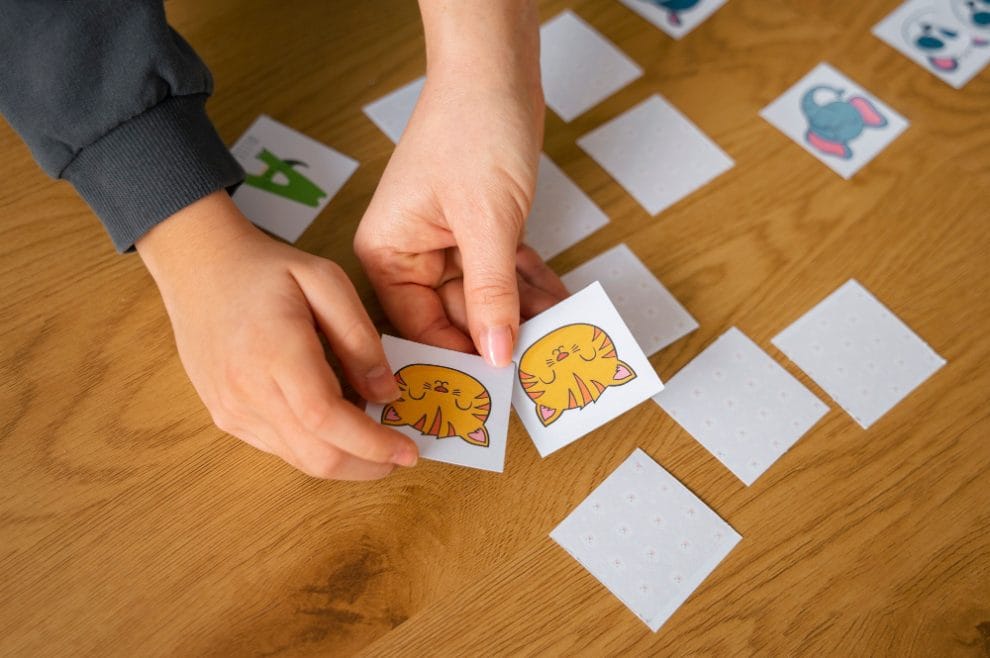Memory Testing: When and Why You Should Consider It

Memory is a critical aspect of cognitive health, affecting everything from daily tasks to long-term planning. Memory testing has become an essential tool for identifying potential cognitive issues, helping individuals address problems early. In this article, we’ll explore when memory testing is necessary, the benefits it provides, and how it can support overall brain health.
What is Memory Testing?
Memory testing involves a series of cognitive assessments designed to evaluate a person’s ability to recall, retain, and process information. These tests can range from simple questionnaires to in-depth evaluations conducted by neurologists or psychologists.
The goal of memory testing is to identify areas of cognitive strength and weakness. Early detection of memory-related issues can lead to timely interventions, which may help prevent further cognitive decline. These tests are particularly valuable for individuals experiencing forgetfulness, difficulty concentrating, or other signs of impaired memory.
Signs That You May Need a Memory Test
While occasional forgetfulness is normal, certain signs may indicate the need for a professional memory assessment. Understanding these signs can help you determine when to seek help.
- Frequent Forgetfulness: Misplacing items, forgetting names, or struggling to recall recent conversations may signal a deeper issue.
- Difficulty with Daily Tasks: Challenges in managing finances, following recipes, or remembering appointments could point to cognitive decline.
If you or a loved one experience these symptoms regularly, memory testing can provide clarity and guide appropriate next steps.
Benefits of Memory Testing
Memory testing offers several benefits, both for individuals with cognitive concerns and for those seeking preventive care.
- Early Detection of Cognitive Disorders: Memory tests can help diagnose conditions like Alzheimer’s or other forms of dementia in their early stages, allowing for more effective management.
- Personalized Treatment Plans: Test results enable healthcare providers to develop tailored strategies for improving memory and cognitive function.
Additionally, these assessments offer peace of mind, either by confirming cognitive health or identifying areas that need attention.
Types of Memory Tests
There are various types of memory tests, each designed to assess specific cognitive functions. Some of the most common include:
- Mini-Mental State Examination (MMSE): A widely used test that evaluates orientation, attention, and short-term memory.
- Montreal Cognitive Assessment (MoCA): A more comprehensive test that assesses multiple cognitive domains, including memory, attention, and executive function.
- Clock Drawing Test: This simple test evaluates visual-spatial and executive functions, providing insight into overall cognitive health.
These tests are often combined with physical exams and medical histories to create a complete picture of a person’s cognitive abilities.
When to Consider Memory Testing
Memory testing isn’t only for individuals showing signs of cognitive decline. There are several scenarios where testing may be beneficial:
- Age-Related Concerns: As people age, memory naturally declines. Testing can differentiate between normal aging and early signs of dementia.
- Family History of Cognitive Disorders: Individuals with a family history of Alzheimer’s or dementia may benefit from periodic memory assessments.
- Post-Trauma or Illness: Head injuries or illnesses like strokes can impact memory. Testing helps assess the extent of cognitive impairment.
By identifying issues early, memory testing provides a foundation for proactive health management.
How to Prepare for a Memory Test
Preparing for a memory test is straightforward and can help ensure accurate results. Follow these tips for a successful assessment:
- Bring Medical Records: Providing a detailed medical history helps the evaluator understand potential contributing factors.
- Get Adequate Sleep: A well-rested brain performs better, offering a clearer picture of your cognitive abilities.
It’s also helpful to bring a list of medications you’re currently taking, as some can affect memory and concentration.
What Happens After a Memory Test?
After completing a memory test, the results will be reviewed and interpreted by a healthcare professional. Based on the findings, they may recommend further testing, lifestyle changes, or treatment options.
- Normal Results: If the test shows no significant cognitive issues, the focus may shift to preventive strategies like brain-healthy nutrition and mental exercises.
- Abnormal Results: If cognitive concerns are identified, your healthcare provider will discuss possible causes and treatment plans, which may include medications or cognitive therapies.
Ongoing monitoring may also be recommended to track any changes over time.
How Memory Testing Supports Long-Term Brain Health
Regular memory testing is an invaluable tool for maintaining cognitive health. By identifying potential issues early, it allows for timely interventions that can slow or even reverse cognitive decline.
Moreover, these tests provide a roadmap for adopting brain-healthy habits, such as improved nutrition, regular exercise, and mental stimulation. Taking a proactive approach ensures that you maintain a sharp mind well into the future.
Unlock Your Brain’s Full Potential Today! 🧠
Don’t wait to boost your memory and mental clarity! Click below to get Pineal Guardian now and take the first step toward a sharper, healthier mind.
Leave a Reply

You may also like